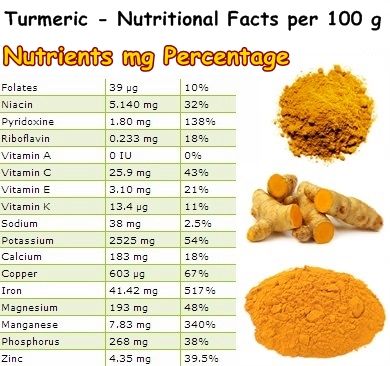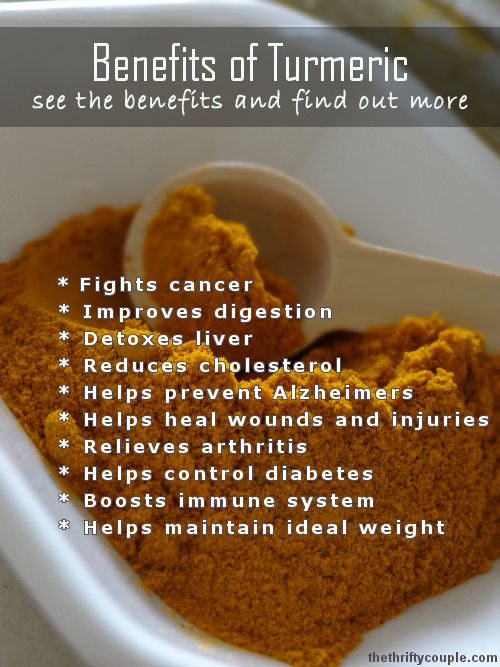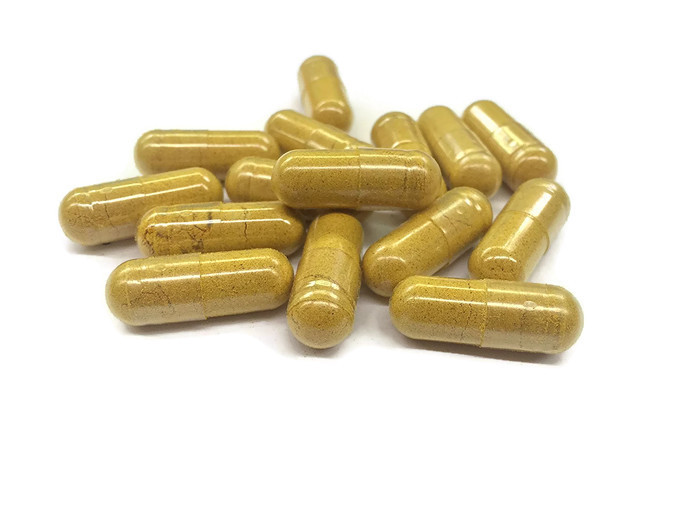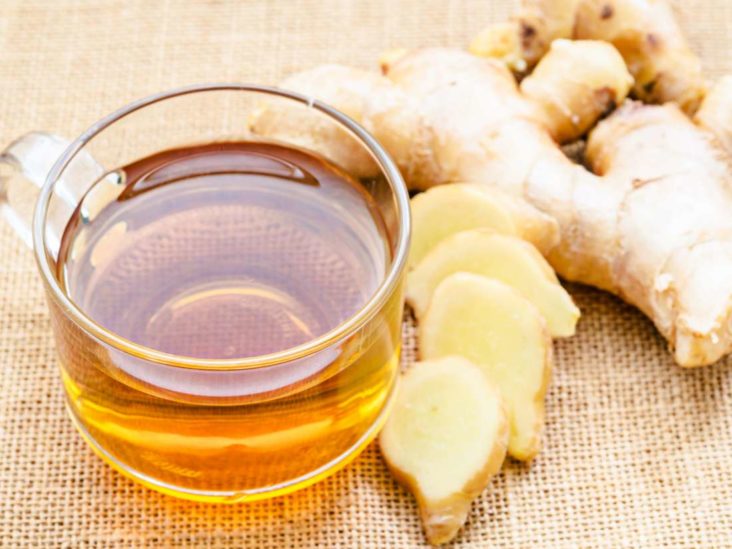How safe is adding Valerian in your diet?
Valerian Interaction

Interaction of a substance generally refers to potential risk that could develop inside the body when two or more drugs, products, or medical conditions interact with one another in a negative manner causing certain unwanted health conditions. Taking valerian medicine of several categories could cause several symptoms such as:
- slowed breathing
- more dizziness
- more drowsiness
- sleepiness
Interaction of Valerian with Drugs
Valerian is a kind of substance that consists of sedative effects. It generally associates interaction with several medication of sleeping aid, antidepressants, CNS depressants, Anticonvulsants, Antifungals, Glucuronidated, Antihistamines, barbiturates, benzodiazepines, etc, categories with mild to moderate effects namely:
- Alcohol
- Alprazolam (Xanax)
- phenobarbital
- Valium
- secobarbital
- Ativan
- phenytoin (Dilantin)
- valproic acid (Depakote)
- California poppy
- Jamaican dogwood
- melatonin
- hydroxytryptophan and many more.
Precautions associated with Valerian

Before medicating with valerian, an individual must discuss with a doctor regarding all the allergies to valerian, any of its ingredients, and medicine that a person must be using for the same or different reason.
Avoid the use of Valerian during pregnancy. It is not considered safe when valerian is used during pregnancy. The substance may alter a certain mineral level and could harm the unborn child.
Avoid use of Valerian while breastfeeding. Valerian is not generally recommended during pregnancy. The substance may let certain toxins get passed on into the breastfeeding causing harmful effects to the feeding baby.
Children younger than 3 years must not consume valerian as it may cause unusual side effects.
Is Valerian Safe?

Valerian is a kind of substance that is used to treat several medical conditions and due to its natural occurrence, it is generally considered safe. However, there are several side effects associated with valerian usage such as:
- Sleeplessness
- vivid dreams
- stomach problems
- dry mouth
- heart palpitations
- mental fogginess
- headache
- difficulty breathing
- facial swelling
- liver problems
Inform a health professional or a doctor if any of these side effects persist or get worse although short term medication with valerian is generally safe.
REFERENCES:
- https://www.mayoclinic.org/diseases-conditions/insomnia/expert-answers/valerian/faq-20057875
- https://ods.od.nih.gov/factsheets/Valerian-HealthProfessional/
- https://www.healthline.com/health/anxiety/calming-effects-of-passionflower#administration
- rxlist.com/consumer_valerian/drugs-condition.htm
- https://www.humnutrition.com/blog/valerian-root-for-sleep/
- https://fitnessinformant.com/ingredients/valerian/
For more details, kindly visit below.














